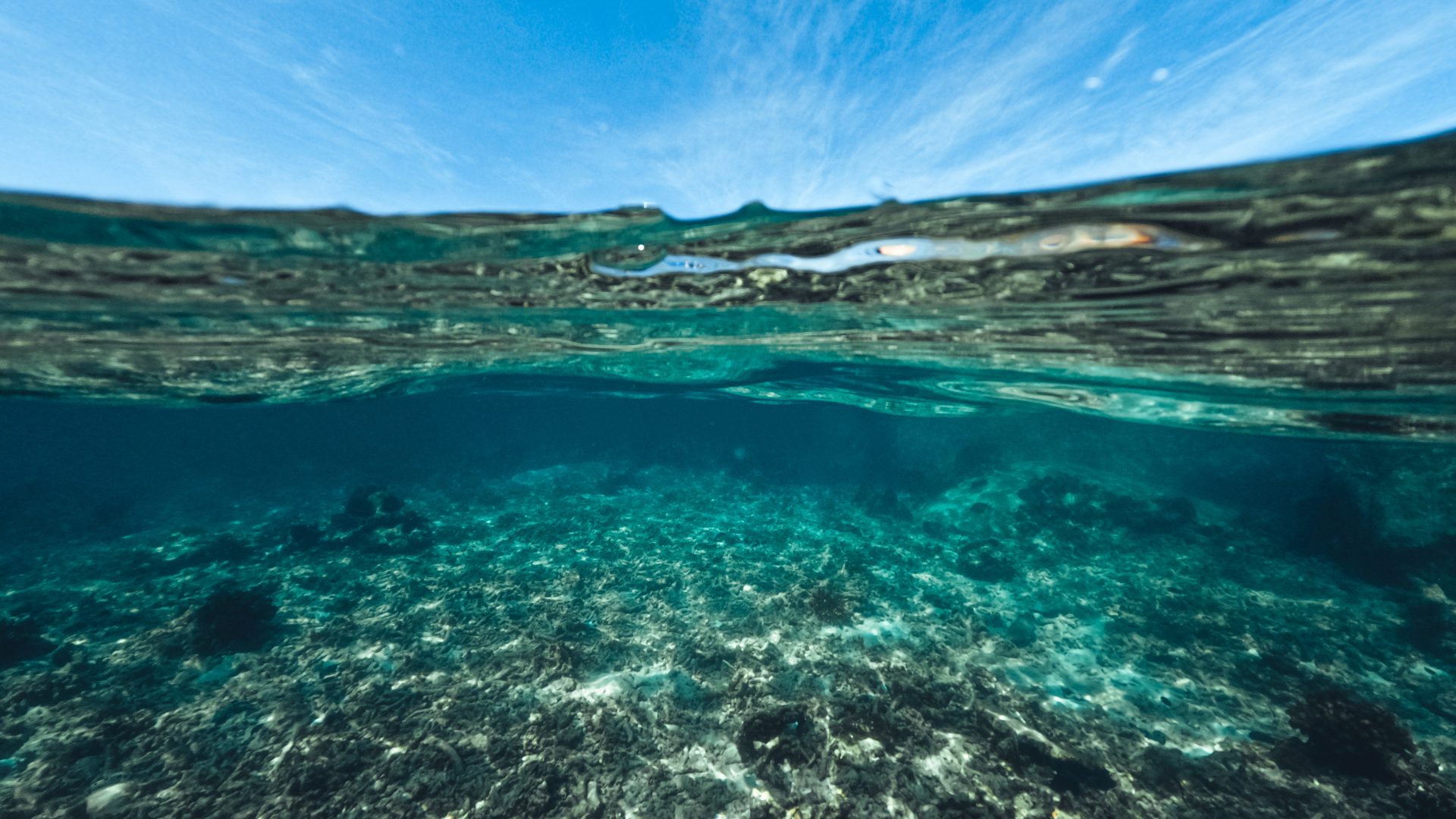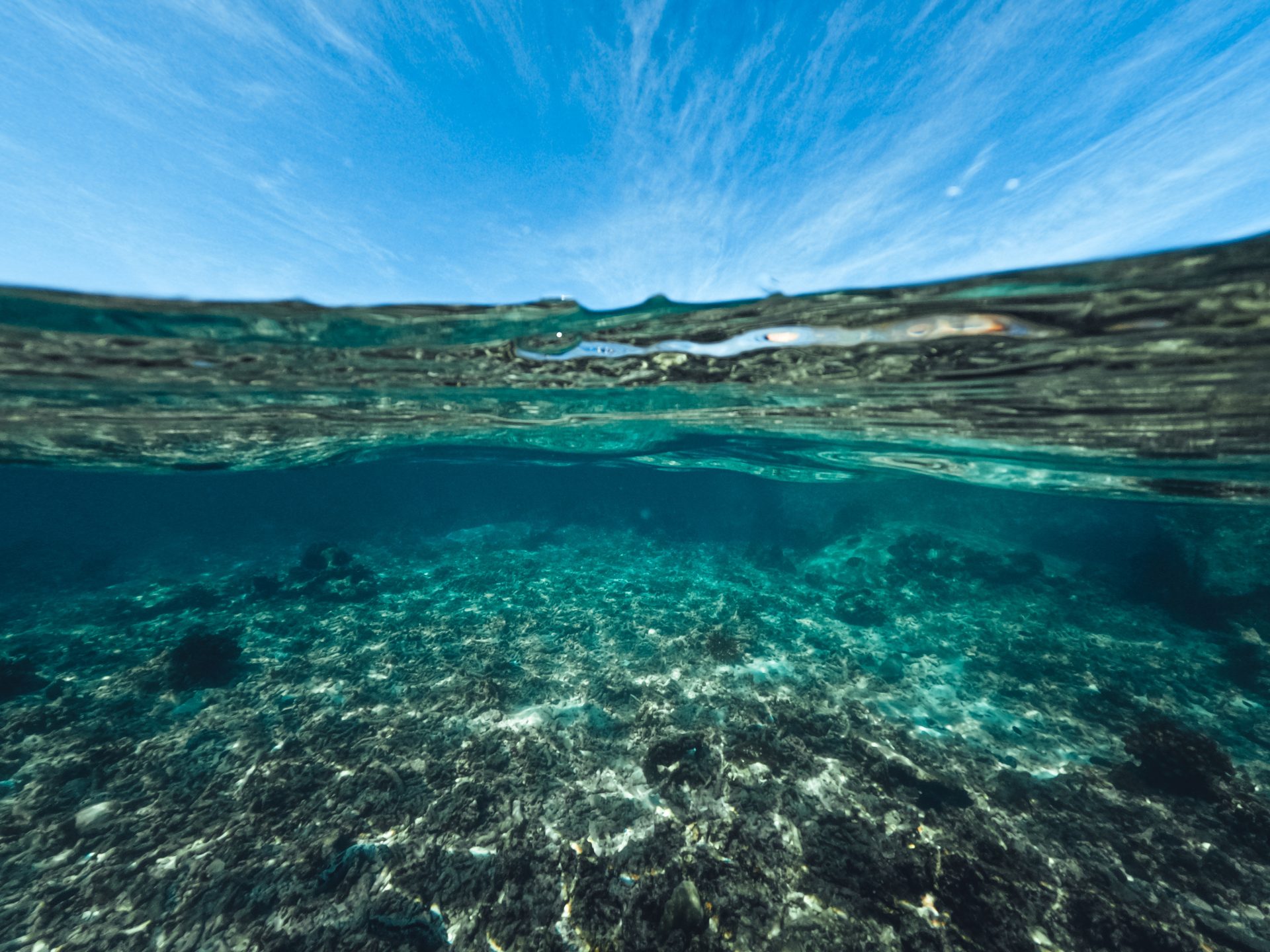Despite covering over 70% of our planet, the Ocean remains largely absent from formal education systems worldwide. In a time when marine ecosystems face unprecedented threats – from pollution to over-exploitation – this gap in Ocean learning is a missed opportunity to empower future generations with the knowledge and values needed to protect our blue planet.
A recent systematic scoping review, led by Eliane Bastos at the University of Bath in collaboration with colleagues from the OCT’s Learning Team, sheds light on the current state of Ocean Literacy (OL) in formal education. Drawing from 122 peer-reviewed studies, the review explores how children and young people are learning about the Ocean, and whether these experiences are helping them become Ocean literate citizens – individuals who understand the complex relationship between humans and the Ocean and are equipped to act on its behalf.
The Rise of Ocean Literacy Research
Ocean literacy emerged in the early 2000s as a response to low public awareness of Ocean issues. Since then, it has gained traction globally, especially in light of the UN Decade of Ocean Science for Sustainable Development (2021–2030). The review reveals a rise in educational research focused on the Ocean, particularly since 2019. However, only a fraction of these studies explicitly align with the OL framework, suggesting a broader, more diverse effort in Ocean education which could benefit the field through greater collaboration.
Narrow Learning Experiences
While the number of studies is growing, the scope of Ocean learning remains narrow. Most interventions focus on scientific knowledge – biodiversity, pollution, and ecology – often taught through experiential or place-based learning. These approaches are valuable, but they rarely extend beyond the physical aspects of the Ocean. Socio-cultural, historical, and emotional dimensions are underrepresented, limiting students’ ability to develop a holistic understanding of the Ocean’s role in their lives.
The review highlights a strong emphasis on OL principles 5 and 6, which emphasise marine biodiversity and the connection between humans and the Ocean. However, principle 4 – concerning the Ocean’s impact on human life – is notably neglected. This imbalance reflects a broader trend in curricula and educational research that prioritizes scientific content over interdisciplinary exploration, as well as strong human-centred perspective in the way we teach about the Ocean.
A Call for Holistic ‘Blue Curricula’
The authors of this review propose a model for assessing students’ educational journeys toward Ocean literacy, drawing on three key frameworks: what students should know (OL principles), how they come to know it (educational perspectives), and what they do with that knowledge (OL dimensions). This assessment and the narrow focus it reveals lends support to calls to develop holistic blue curricula and educational research which are not just concerned with the acquisition of knowledge, but aim to understand how learning experiences shape students’ values, behaviours, and emotional connections to the Ocean.
To achieve this, cross-curricular, multi-perspective approaches to Ocean learning that reflect the Ocean’s multifaceted value are urgently needed. From science and sustainability to culture and creativity, Ocean topics offer rich opportunities to engage students across disciplines and support their development as informed, empathetic Ocean stewards; a value that is not being capitalized.
Looking ahead
As Ocean issues become more prominent in global policy and public discourse, education must rise to the challenge. This review is a timely reminder that transforming society’s relationship with the Ocean begins in the classroom. By broadening the scope of Ocean literacy and embracing diverse worldviews, educators can help students navigate their own unique journeys toward understanding and protecting the Ocean.
The Ocean is not just a subject – it’s a context for learning, a source of inspiration, and a call to action. It’s time our education systems reflected that.


